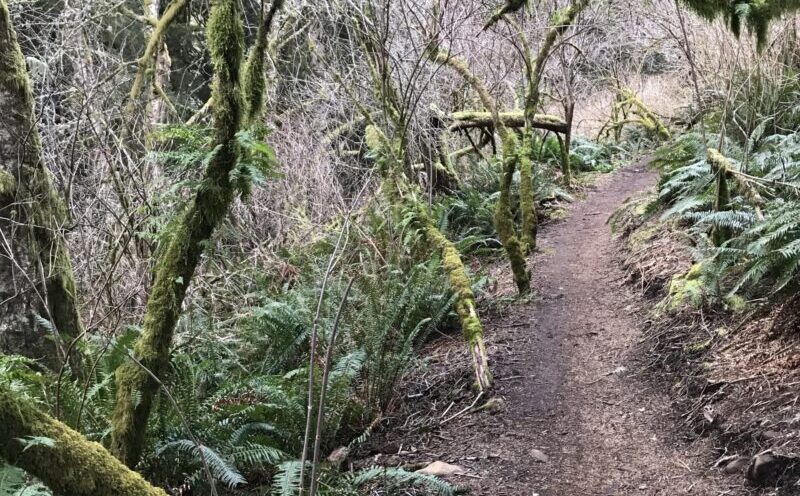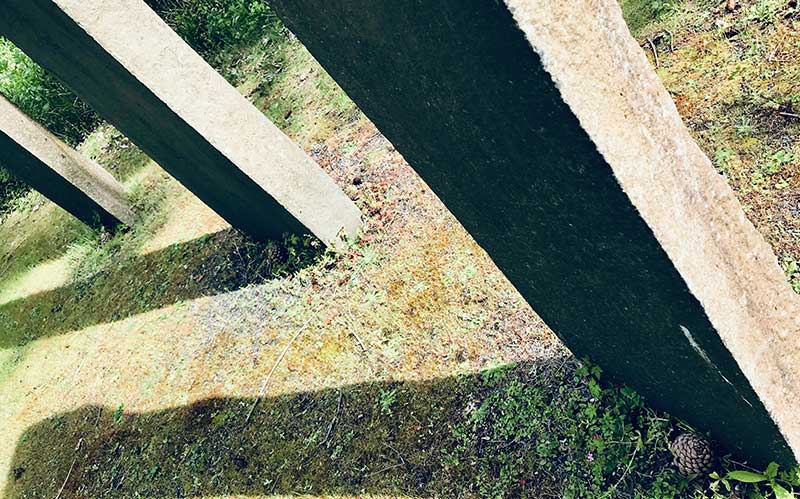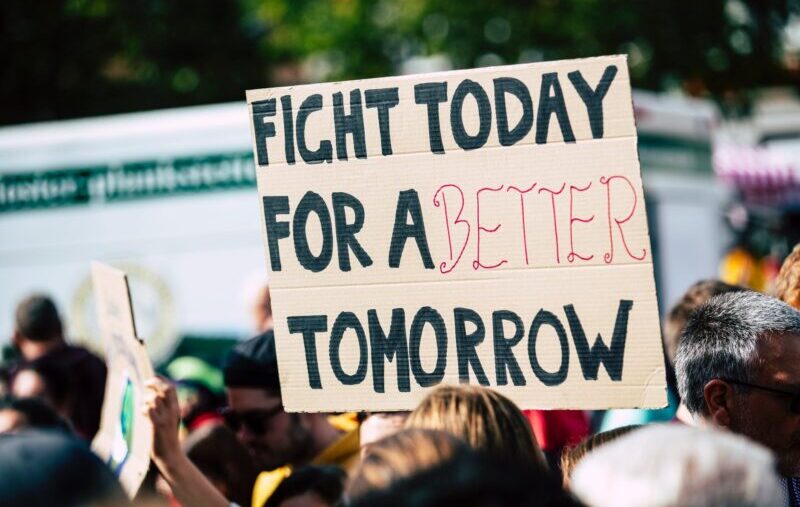We see what we want to see in order to maintain our story of how things are.
At every organization I visit, to every group of leaders I meet, I ask this question: who are the best employees to ask about how the work in your company is going and how it might be improved?
Without fail the answer is the same: the employees who are doing the work.
It’s an obvious, common sense response. Of course you ask the employees directly. They’re doing “it” every day so logic suggests that they are best equipped to make it better.
When I meet with non-leadership employees I ask: do you have any ideas about how to improve the work. They always and immediately say, Yes!
And then I ask, Have you shared your ideas with anyone else? And they say: No.
I ask, Why not? They respond, Because they haven’t asked.
They don’t ask because they don’t want to know. They don’t ask because doing so will require them to change their story about how things are.
Margaret Heffernan, building on a legal term of the same name, authored a book called “Willful Blindness.” It is the human condition of ignoring, sometimes consciously, critical information that is easily and freely available.
You do it. I do it. Leaders everywhere do it every day.
Learn more here and in her TED talk below. You’ll have no choice but to see things differently and your workplace, your household and your community will be the better for it.
DAVID BERRY is the author of “A More Daring Life: Finding Voice at the Crossroads of Change” and the founder of RULE13 Learning. He speaks and writes about the complexity of leading in a changing world.




